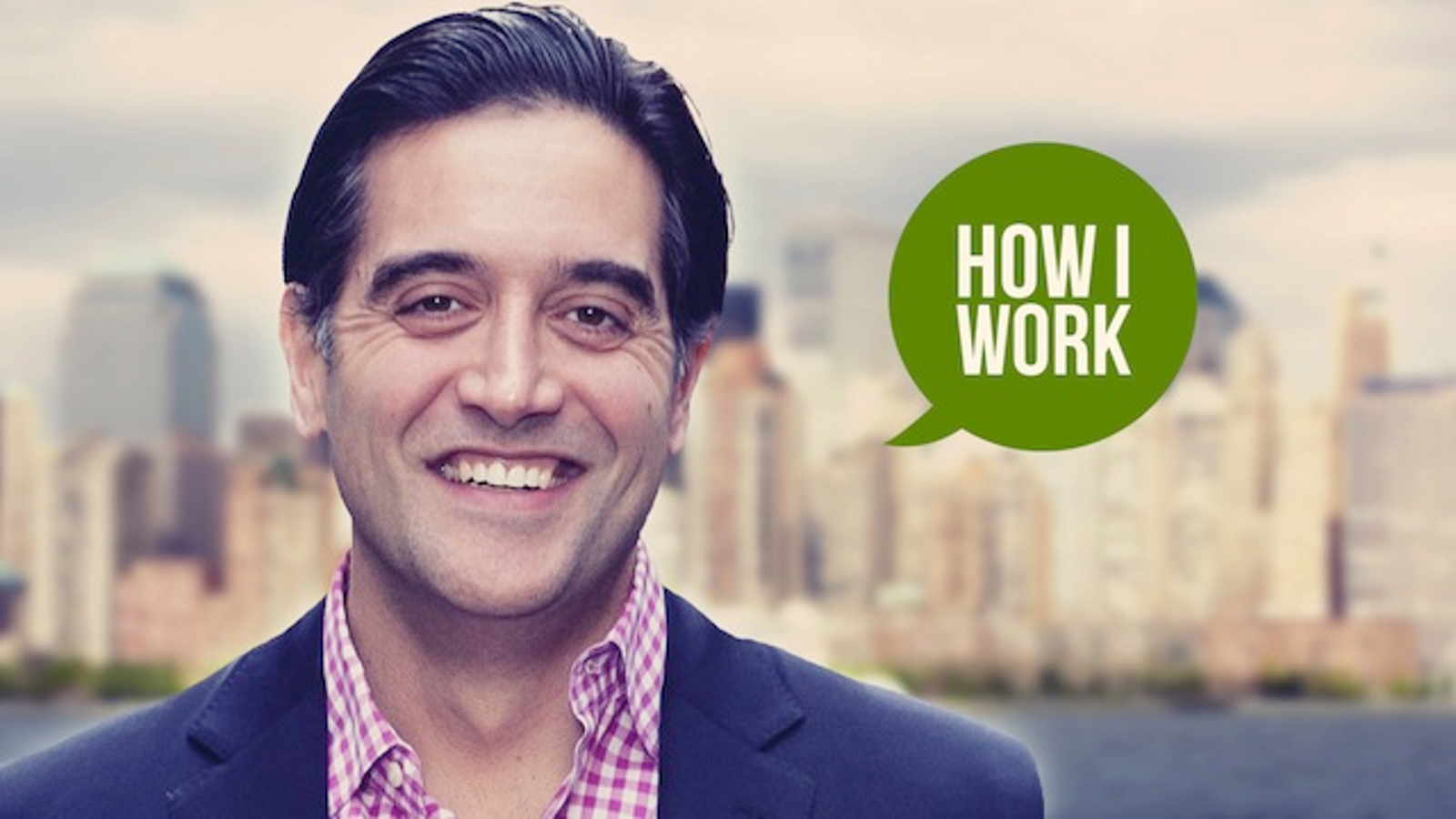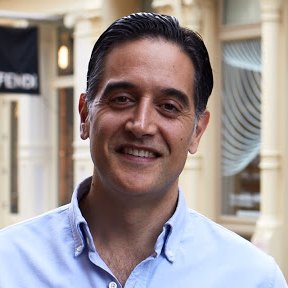

“I was working on a really high-pressure client, and partners from all over the world were calling me at odd hours of the night, so I just got really sick,” he recalled, sitting in one of ZocDoc’s sunny but basic conference rooms. Massoumi, at the time working for management consulting firm McKinsey & Company, had the idea for ZocDoc after he ruptured his ear drum during a flight from Seattle to New York. The check came during the nadir of the recession, and the bootstrapping entrepreneurs, who moved to Harlem and Brooklyn after quitting cushy consulting jobs, considered making a hokey YouTube video of themselves taking the minifridge-size document into a bank to goose the payment. “It wasn’t until three months later that they sent us the actual check,” said Mr. It represented a pile of prize money the company had received in December 2008. On a recent Friday afternoon, Betabeat stood in front of an oversize $100,000 check signed & HP, which was mounted on the wall at ZocDoc’s teal-painted Soho headquarters. “Every time we hire someone they blow the horn.” “Oh gosh, they’re blowing the horn,” she said, sounding shaken. During a phone call with ZocDoc’s public relations director, Allison Braley, Betabeat was interrupted by what sounded like a foghorn. The website, most often described as the “ OpenTable for doctors,” has five million appointments available in 10 markets, including New York, San Francisco, Chicago, Washington, D.C., and Phoenix, and it’s hiring like mad. Four years later, ZocDoc has 700,000 registered users and has raised $70 million from investors, including $50 million most recently from Facebook investor Digital Sky Technologies. Kawasaki’s turned out to be the minority reaction. “But I can say that if you had a rash on your butt, you would use our site, because a) you wouldn’t want anyone to hear you make that call, and b) it might be after 6 o’clock, and maybe the doctor’s office isn’t open.” Massoumi, a bright-eyed, 35-year-old salesman whose first start-up, an e-commerce site called One Size Too Small, was not considered a success, said slyly. “A heart condition, that’s a unique issue,” Mr.

The audience responded with belly laughs.

Emphasizing once more that he would never use such a service, he turned to a fellow judge on the panel, the entrepreneur and philanthropist Esther Dyson, and elaborated, “You’d go to a site and just, ohhh, you know, Lisa Macintosh went to Harvard, she looks cute, I’ll have her operate on my heart!”


 0 kommentar(er)
0 kommentar(er)
